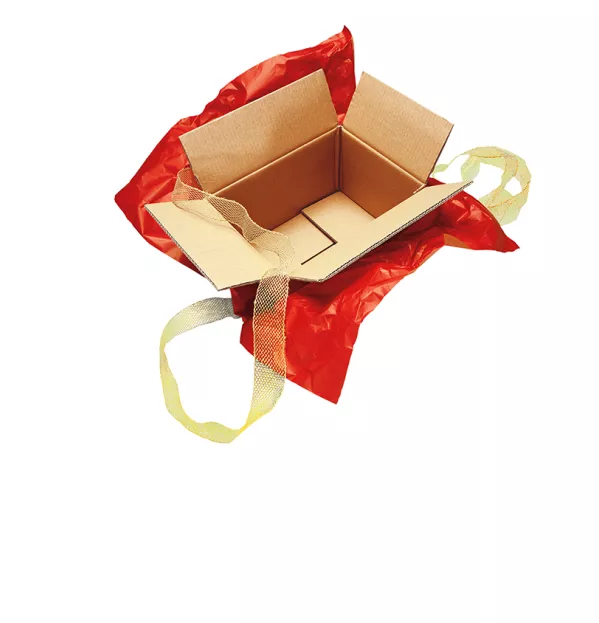It’s long been argued that our attention spans have been destroyed by the scourge of social media, the deluge of 24-hour news and an unhealthy addiction to the shiny and the new. No one, it’s said, has the ability to concentrate properly on anything anymore.
But the events of last week put paid to that. Across the Western world, huge numbers watched the presidential contest slowly unfold, braced for the tiniest change, at all times of the day and night. People were glued to TV and social media from election day on Tuesday (and, for some, even before) to the final declaration by news networks on Saturday afternoon. It was a masterclass in focus.
Of course, those claims that we had lost our ability to concentrate on a single task have always been a little loose: the data doesn’t really say what some hope it says. For example, suggestions that screen time reduces our ability to direct our focus for long periods were dismissed in 2018
in an interview with Tes as “probably nonsense” by University of Oxford professor Andrew Przybylski. And since then, several studies have shown that our attention span is too complex to be completely rewired simply because someone puts a computer in front of us.
That’s not to say that we should stop worrying about attention; it’s more that things are difficult enough without creating new problems that don’t exist.
For to be able to learn we need to pay attention to the thing we are learning about. And, as the research dripping into CPD courses has been saying for some time now, our ability to process new information is limited.
Our working memory - a departure lounge for long-term memory - has a limited number of seats (anything from three to seven, depending on the research you read - though even then the numerical assignations are a little more nuanced than is often portrayed). To ensure the things we want children to learn get those seats, we need to ensure that the flight attendant is looking in their direction.
That’s hard. Which is why something like cognitive load theory has proved so popular - it offers the promise of gaming the system so that the chunks of learning content are the only ones vying for the seats.
In normal times, it’s relatively optimistic to think that this is possible: schools are distracting places and a teenager’s priorities, and emotions, are not so easily shunted aside.
But in the Covid-restricted classroom, that’s exacerbated. As Jennifer Kemp and Michael Hobbiss, teachers at Bourne Grammar School in Lincolnshire, point out, the distractions have multiplied and the prospect of ensuring that a pupil’s eyes are on the prize of learning at all times seems delusional.
Interestingly, Hobbiss and Kemp do offer a partial solution, though, and it’s not the one you might expect. One of the most successful things you can do as a teacher is not to try to eradicate every potential distraction - that could actually be counterproductive in some cases, they claim - but instead increase a student’s self-belief in their ability to control what they can focus on. Mindset, they say, can make a big difference.
It puts into perspective all that noise around the children and young people of today being unable to concentrate. Perhaps we are creating the problem, not responding to it? Certainly, the attempt to mechanise the brain leaves huge questions around emotion and mindset. If we really want children to focus during this most distracting of times, and beyond, maybe we should change the narrative from one of criticism to one of trust.
Because, in the wise words of the eventual winner of that long, drawn-out result in the US, now president-elect Joe Biden: “If we can decide not to cooperate, then we can decide to cooperate.”
@AnnMroz
This article originally appeared in the 13 November 2020 issue under the headline “The US presidential race teaches us a thing or two about focus”
